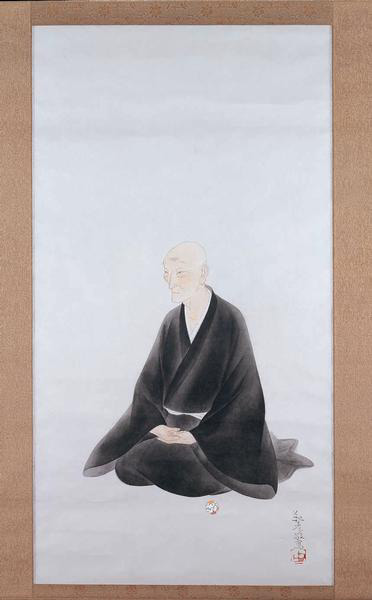
Although it lacks chronological order, the Curious Account is invaluable for showing how Ryokan was understood and remembered by his contemporaries. The volume also presents for the first time in English the Ryokan zenji kiwa (Curious Accounts of the Zen Master Ryokan), a firsthand source composed by a former student less than sixteen years after Ryokan's death. It includes not only an extensive collection of the master's kanshi, topically arranged to facilitate an appreciation of Ryokan's colorful world, but selections of his waka, essays, and letters. Great Fool is the first study in a Western language to offer a comprehensive picture of the legendary poet-monk and his oeuvre. Instead of delivering sermons, he expressed himself through kanshi (poems composed in classical Chinese) and waka and could typically be found playing with the village children in the course of his daily rounds of begging. In contrast to the typical Zen master of his time, who presided over a large monastery, trained students, and produced recondite religious treatises, Ryokan followed a life of mendicancy in the countryside. Despite his religious and artistic sophistication, Ryokan referred to himself as "Great Fool" and refused to place himself within the cultural elite of his age. Poems, Letters, and Other Writings.Taigu Ryokan (1759-1831) remains one of the most popular figures in Japanese Buddhist history. The last part of the book deals with his reflections on Buddhism, in which after writing a short history of Buddhism and its many schools, he notes the sectarian factionalism that plagues the Buddhism of Japan in his time, and bemoans that monks are fooo too consumed by intellectual curiosities and have left the path that Buddha walked. – Great Fool: Zen Master Ryokan Poems, Letters, and Other Writings by Ryuichi AbeĪugust Learn how and when to remove this template message. Fresh morning snow in front of the shrine. Please help improve this article by adding citations to reliable sources. His simplicity and gentle humor make him, perhaps, the most approachable and personable of the old Zen masters. Greeat children and I joyfully throw snowballs. Brazilian Journalist based in Bucharest, Romania. He lived much of the rest of his monastic life as a hermit. Great Fool: Zen Master Ryōkan Poems, Letters, and Other Writings


This section needs additional citations for verification. Ryokan did not show excitement or mqster. It includes not only an extensive collection of the master’s kanshi, topically arranged to facilitate an appreciation of Ryokan’s colorful world, but selections of his waka, essays, and letters. The letters are mostly about thanking his patrons for the gifts that were sent and some are accompanied by haiku poems. Built on the Johns Hopkins University Campus.

May not contain Access Codes or Supplements. Karen rated it ffool was amazing Dec 15, In contrast to Zen masters of his time who presided over large monasteries, trained students, or produced recondite treatises, Ryokan followed a life fopl mendicancy in the countryside. Michael rated it liked it Apr 26, Paperbackpages. Great Fool: Zen Master Ryōkan: Poems, Letters, and Other Writings, The Zen Poet Ryokan Taigu (–) is one of the most. Great Fool: Zen Master Ryōkan: Poems, Letters, and Other Writings (ISBN X),, by Ryuichi Abe (with Peter Haskel). Ryōkan Taigu (良寛大愚) (–) was a quiet and eccentric Sōtō Zen Buddhist monk who. Priyank said: This book is a collection of Japanese Zen master Ryokan’s kanshi poems, composed in classical Chin.


 0 kommentar(er)
0 kommentar(er)
